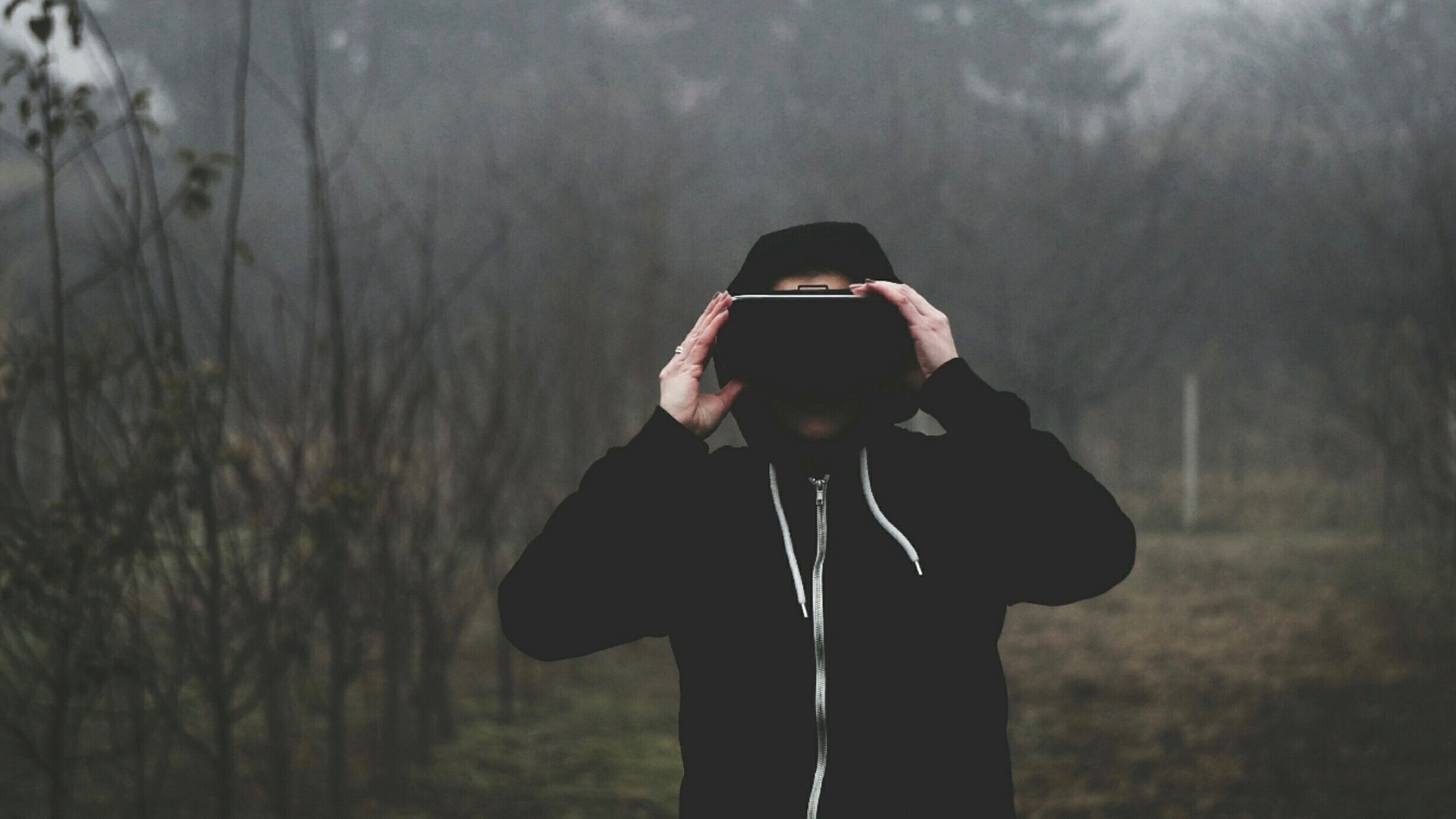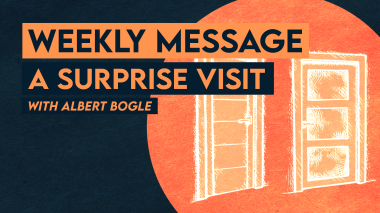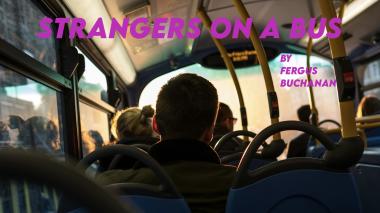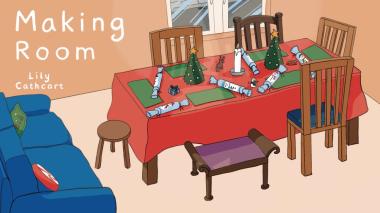Living in separate worlds may become a reality

Earlier this year I attended the European Churches Internet Conference in Warsaw. The key topic being discussed was the impact that Virtual, Mixed and Augmented Reality, is about to have on all our lives. Professor Wojcieech Cellary, of the Information Technology Department of Poznan University of Economics, was one of our guest speakers. He discussed how Augmented Reality will, in the next ten years, become a greater part of our daily lives.
For readers unsure what is meant by Augmented Reality (AR) it is the superimposing of information on to digitally rendered images over real world environments - giving a sense of virtual reality or an illusion. Images and sounds are layered on top of what users see and hear. Unlike Virtual Reality where computer generated environments are used to interact with human beings and human beings get immersed in them, AR takes the real world of the present and projects digital imagery and sound into it. The full implications of how this will influence our physiology and psychology are only just beginning to be explored, while the impact it will have on our day to day living will be immense. The most obvious ways are in architecture, education and medicine, then there is marketing and advertising, and the world of entertainment.
Immersive gamification has become a lucrative business, offering gamers experiences in simulators, caves, and of course the outdoors. Recently the London based, ‘Improbable’, a fledgling technology company, received an investment of over $500m to create new Virtual, Mixed and Augmented Reality worlds. The capabilities of the company’s technology to date, has been liked to The Matrix film, in which humans plug into a simulated world powered by computers.
This kind of software development raises moral questions. Does the same moral code exist in the world of VR as in what we know to be actual reality? What effect does killing, cheating, and lying have on the user in the VR? Will this affect how they adhere to a moral code in actual reality?
Mark Zuckerberg the CEO of Facebook, writing back in 2014 after his company had acquired Oculus VR (at that time the leader in Virtual Reality technologies) announced, “Oculus’s mission was to enable the user to ‘experience the impossible.” Oculus has developed a headset that allows the wearer to become completely immersed in a computer-generated environment, they may be playing a game, or enter a movie scene. The technology makes the user believe and feel as though they are actually present in another place, surrounded by people with whom they can react or interact. Facebook believes VR is truly a new communication platform, that allows the user to think they are in two places at once. This will be further complicated when headsets can create an Augmented Reality and the boundaries between the two blur.
In the future we may be wearing glasses connected to our smart phones, being interrupted by Facebook’s personal marketing and advertising when we look at something, offering us an experience of a lifetime if we have two minutes to live in our dream holiday resort. Distinguishing reality from Augmented Reality may cause problems in the future.
When we begin to consider such experiences then we are surely engaging with thought disciplines that up until now have been left to theologians and philosophers. While such technologies have the ability to be used for the greater benefit of humanity - spreading educational and humanitarian insight - they can also be used in a sinister way to control and manipulate a population or a group of people. It is important that we begin to think through a Christian theological response to Virtual Reality.
In their annual report this year, the Church and Society Council quite rightly drew the attention of the General Assembly to the impact that surveillance is having on our communities worldwide. The report is deeply concerned about the impact surveillance can have on the lives of the poorest and most vulnerable in our society. But what if the poorest and the most vulnerable were offered the chance to live in another kind of world? A world where they could be whatever they wanted to be?
What if governments encouraged corporations to develop and create worlds of reality avoidance? Worlds of make believe and escape. Worlds in which the difficult and vulnerable could be hidden away, locked into their headsets, encouraged to be addicted to living in a dream world, a world known to the Roman civilisation as ‘bread and circuses.’ We need to become aware of the potential of VR to deliver us into worlds that we have never dreamt could be. The words of the Lord’s Prayer, ‘deliver us from evil’ could take on a whole new significance in this context. Technology can be exploited to save lives or destroy lives. Christians must take heed.
The Very Rev Albert Bogle, Minister of Sanctuary First




 Add to Favourites
Add to Favourites







Login to comment.